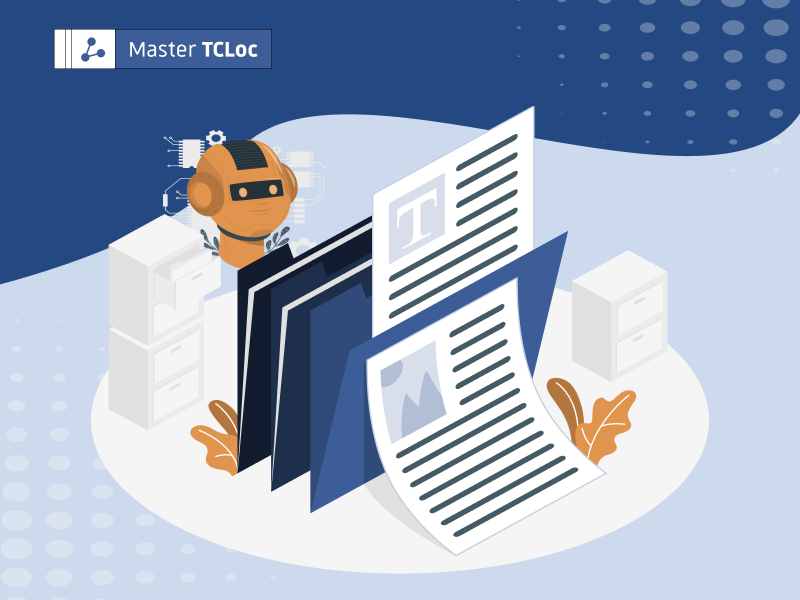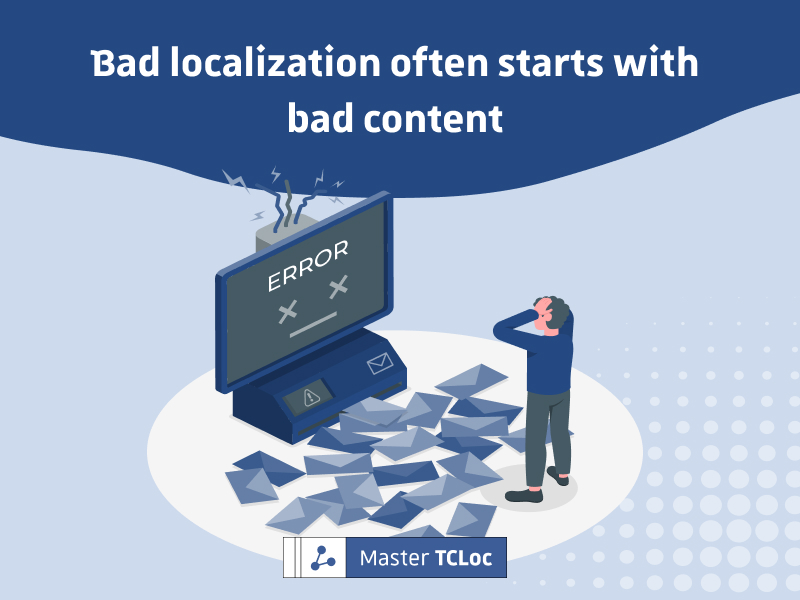The localization industry is evolving rapidly, and artificial intelligence (AI) is at the forefront of this transformation. From improving translation accuracy to streamlining workflows, AI is reshaping how businesses reach global audiences. In this blog, we explore how AI impacts localization, how project managers are adapting to AI, and the evolving role they play in this new landscape.
AI Is Reshaping the Localization Industry
Localization is essential because it helps businesses communicate clearly and connect better with users. It facilitates effective communication, adapts content to different languages and cultures, and significantly boosts user engagement and satisfaction, just to mention a few advantages. The advent of artificial intelligence (AI) is reshaping the localization landscape, bringing both exciting opportunities and challenges. Localization project managers, who have always been integral to the industry, now find their roles evolving. They must adapt to new responsibilities and acquire skills to navigate AI-enhanced workflows ensuring that they consistently meet quality standards.
Localization Project Managers Are Strategic Leaders
A localization project manager is crucial in ensuring that content is accurately and effectively localized. Coordinating localization strategy efforts is a full-time job, and it’s where a localization project manager truly adds value: they are key business partners who bring a localization strategy to life. Traditionally, their responsibilities included coordinating with translators, managing timelines, and ensuring quality control, however, the role has evolved significantly over time to encompass more strategic planning and technology integration. With the rise of AI, localization PMs now need to integrate these technologies to enhance efficiency and scalability.
AI Tools Are Changing How Localization Gets Done
AI technologies, including machine translation (MT) and large language models (LLM), are transforming the localization industry. These tools bring substantial benefits, such as increased efficiency, enhanced accuracy, and significant cost savings. Businesses today are focused on centralizing processes, optimizing performance, leveraging data-driven insights, achieving scalability, and implementing automated workflows. For example, AI can quickly translate large volumes of text, freeing up localization project managers to concentrate on more complex tasks. AI also introduces challenges though, such as the necessity for continuous monitoring to maintain quality and the risk of errors in nuanced translations.
PM Responsibilities Are Expanding with AI
The tasks of localization PMs are evolving in the age of AI. In addition to traditional responsibilities, new tasks emphasizing experience with AI tools are increasingly featured in job advertisements for localization PM positions. These roles now require proficiency in AI technologies, data analysis, and the ability to become the company’s technology expert. PMs must integrate AI tools into workflows, oversee software implementation, conduct team training, and track performance. Case studies have demonstrated successful AI integration in localization projects, underscoring the importance of adaptability and continuous learning.
Staying Ahead Means Continuous Learning
Looking ahead, the localization industry is poised for further transformation. Emerging
technologies, such as neural machine translation and AI-driven content creation, will continue
to shape the industry. Localization project managers must stay ahead of the curve by
embracing these technologies and continuously updating their skills. Predictions for the next
decade include increased automation, more sophisticated AI tools, and a greater emphasis
on strategic planning.
Balancing New Demands with Wellbeing
The localization industry is rapidly transforming due to AI, bringing both opportunities and
challenges. Localization project managers must adapt to new responsibilities and acquire
skills to navigate AI-enhanced workflows while maintaining quality standards. With the
traditional tasks already demanding, the addition of new skills can make the role
overwhelming. Effective time management and maintaining work-life balance will be crucial,
yet the continuous learning and application of new knowledge at work will be highly
rewarding. Looking ahead, emerging technologies will continue to shape the industry,
emphasizing the importance of adaptability for localization project managers.
Thinking of a Career in Localization PM? Start Here
Are you considering a career in Localization Project Management but unsure where to start?
We’ve got you covered—begin your learning journey here!


